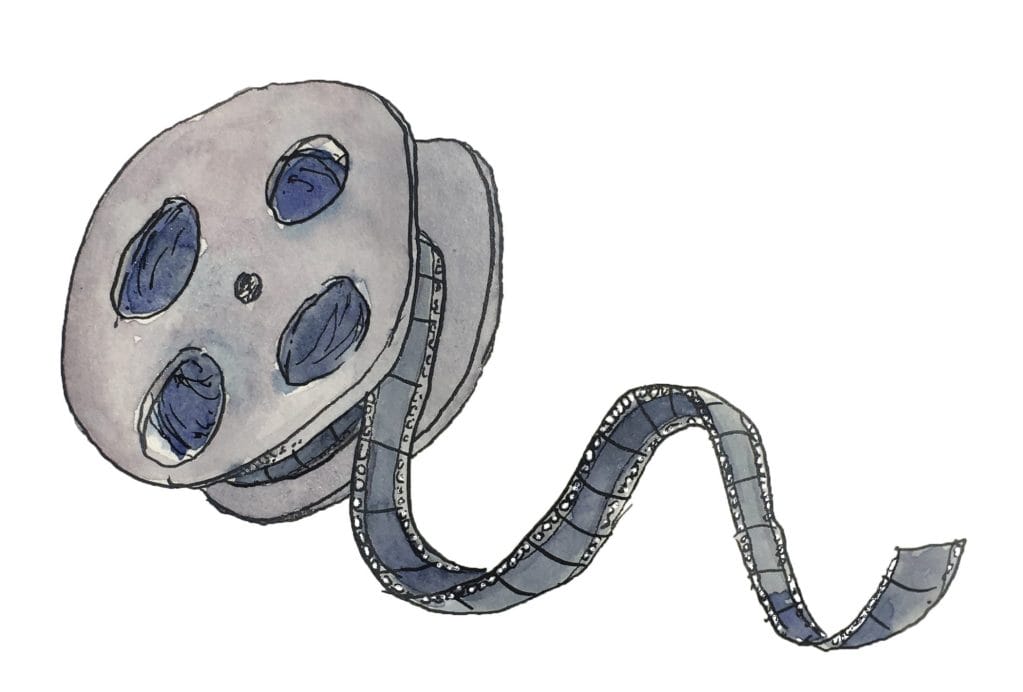“Professor Marston and the Wonder Women” is refreshingly conventional


Before I see any movie, I try to not look at reviews. With the prevalence of Rotten Tomato scores and social media, this is nearly impossible. So when looking up what time to see “Professor Marsden and the Wonder Women,” I discovered the majority of critics are in love with this film.
Seeing this praise did raise my expectations. As a junior at VCU, I had to read the book “The Secret History of Wonder Woman” by Jill Lepore, which details the story of the creator of the superhero. I was excited to see how this unconventional story of polygamy, BDSM and radical feminism would be translated to the screen.
“Wonder Women” tells the mostly true story of Dr. William Marston, his wife Elizabeth and their mutual lover Olive Byrne. The three met while Byrne was a student of the Marstons, where they realized that Byrne loved both William and Elizabeth.
From there they lived an unconventional life, embracing sexual taboos and raising a family. Eventually, Marston created the Wonder Woman comic, using it as a way to support his lifestyle and promote his radical feminist ideas of domination and mutual submission.
“Wonder Women” is a radical film in premise, aiming to not only tell the story of these eccentric and intelligent people, but to promote acceptance of their way of life. The Marstons and Byrne have a genuinely cute and desirable relationship, where there is mutual respect and love to go around.
In order to get this across, director Angela Robinson decides to shoot this film in a traditional way. What I mean by this is that the cinematography, the music and even the way the story is told is similar to other feel-good, historical dramas.
This artistic choice is at once the film’s greatest strength and weakness. By focusing on the actors, Robinson allows everyone to give fantastic performances. Rebecca Hall as Elizabeth Marston is the stand-out, as she is at once cynically open-minded, but also tragically aware of societal judgement.
The bland style also works to normalize the outlandish subject matter. Scenes of threesomes, experimenting with BDSM gear and emotional practices of domination and submission are presented in generic ways. The music is forgettable, the camerawork is static, occasionally showing off an impressive shot or performance.
Because of this, I left the theater feeling underwhelmed. The film played out as I was afraid it would: overly dramatic and unsurprising. Yet, that’s also the brilliance of “Wonder Women.”
It’s impressive that Robinson had the insight to direct this movie like every other drama. By normalizing the events of these people’s lives, she’s making a progressive statement — saying the exploration of domination and human desire is not something to shy away from.
While I initially came to this review feeling negatively about the movie, I can’t deny how much I’ve thought about it. I think the fact that I had to even consider why I was underwhelmed, why I walked out confused despite the excellent aspects of this film, show how powerful “Wonder Women” is.
The film aims to present this odd story in a way that accepts the events as normal and even desirable. Because of this, Robinson is ultimately successful. That also means I personally didn’t enjoy the film. Yet, I would still recommend this movie to most people and the more I think about it, the more I start to like and admire the icon simply known as “Wonder Women,”
Samuel Goodrich, Staff Writer



